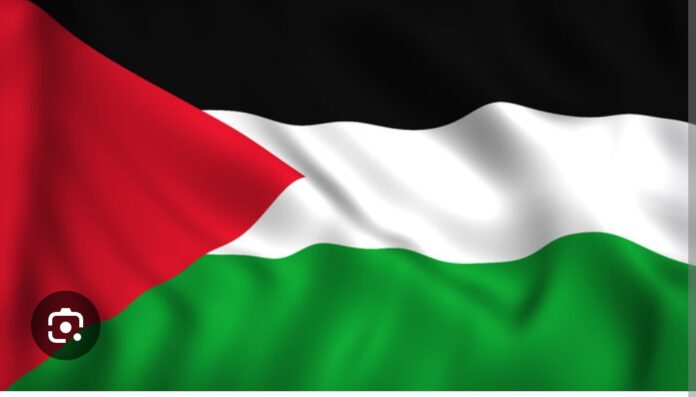The Legal Labyrinth: Israel and the Occupied Territories
In the intricate tapestry of international law, the obligations of occupying powers are woven with threads of history, ethics, and human rights. Israel, as the occupying power in the Palestinian territories—namely the West Bank, East Jerusalem, and Gaza—finds itself at the center of a complex legal and moral debate. This essay explores the legal frameworks that govern such occupations, the accusations levied against Israel, and the broader implications for international law and human rights.
The Framework of International Law
At the heart of this discourse lies the “United Nations Charter”, which emphasizes the principles of self-determination and the prohibition of the use of force against the territorial integrity of states. Article 2(4) explicitly prohibits the threat or use of force, while Article 1(2) affirms the right of peoples to self-determination. The “Geneva Conventions”, particularly the Fourth Geneva Convention, further delineate the responsibilities of an occupying power. It mandates the protection of civilian populations, prohibits collective punishment, and forbids the transfer of the occupier’s civilian population into the occupied territory.
These legal frameworks are not mere suggestions; they are binding obligations intended to safeguard human rights and maintain peace. Yet, despite these stipulations, Israel has faced numerous accusations of violating these obligations, raising questions about the effectiveness of international law in enforcing compliance.
Allegations of Violations
Numerous organizations, including the United Nations, Human Rights Watch, and Amnesty International, have documented alleged violations by Israel in the occupied territories. One of the most pressing issues is the expansion of Israeli settlements in the West Bank and East Jerusalem. These settlements are seen as a violation of Article 49 of the Fourth Geneva Convention, which prohibits the transfer of an occupier’s civilian population into the territory it occupies. The expansion of settlements not only alters the demographic landscape but also exacerbates tensions between Israelis and Palestinians, undermining the prospects for peace.
Moreover, the use of military force in densely populated areas, particularly during conflicts in Gaza, raises serious humanitarian concerns. Reports of civilian casualties, destruction of infrastructure, and restrictions on access to essential services like healthcare, education and the weaponisation of hunger highlight the challenges faced by the Palestinian population. Critics argue that such actions constitute collective punishment, which is expressly forbidden under international law.
The Question of Accountability
The crux of the matter lies in accountability. While international law provides a framework for addressing violations, enforcement mechanisms often falter. The United Nations, tasked with upholding international peace and security, has faced limitations in addressing the Israeli-Palestinian conflict. Political dynamics, particularly the influence of powerful states, often hinder decisive action. Resolutions condemning violations may be passed, but tangible consequences remain elusive.
This lack of accountability fosters an environment where alleged violations can persist unchecked. The International Criminal Court (ICC) has initiated investigations into potential war crimes in the occupied territories, but the path to justice is fraught with geopolitical complexities. The question remains: how can international law evolve to ensure that its principles are upheld, and that violations are addressed effectively?
The Broader Implications
The situation in the occupied territories transcends the confines of legal obligations; it reflects a broader struggle for human rights and dignity. The plight of the Palestinian people is emblematic of the challenges faced by many communities under occupation. As the world grapples with issues of sovereignty, self-determination, and human rights, the Israeli-Palestinian conflict serves as a litmus test for the efficacy of international law.
The ongoing discourse surrounding Israel’s obligations under international law highlights the urgent need for a renewed commitment to human rights principles. It calls for a collective effort from the international community to hold violators accountable and to advocate for the rights of those affected by conflict. The challenge lies not only in addressing past violations but also in fostering an environment conducive to peace and reconciliation.
Conclusion
In navigating the legal labyrinth of the Israeli-Palestinian conflict, one must recognize that international law is both a shield and a sword. It protects the vulnerable while seeking to hold the powerful accountable. The allegations against Israel regarding its obligations in the occupied territories underscore the complexities of enforcing international law in a politically charged environment. As the world watches, the question remains: can international law transcend its limitations to bring about justice and peace for the Palestinian people? The answer may lie in the collective will of nations to uphold the principles enshrined in the United Nations Charter and the Geneva Conventions, ensuring that the rights of all individuals are respected and protected.





